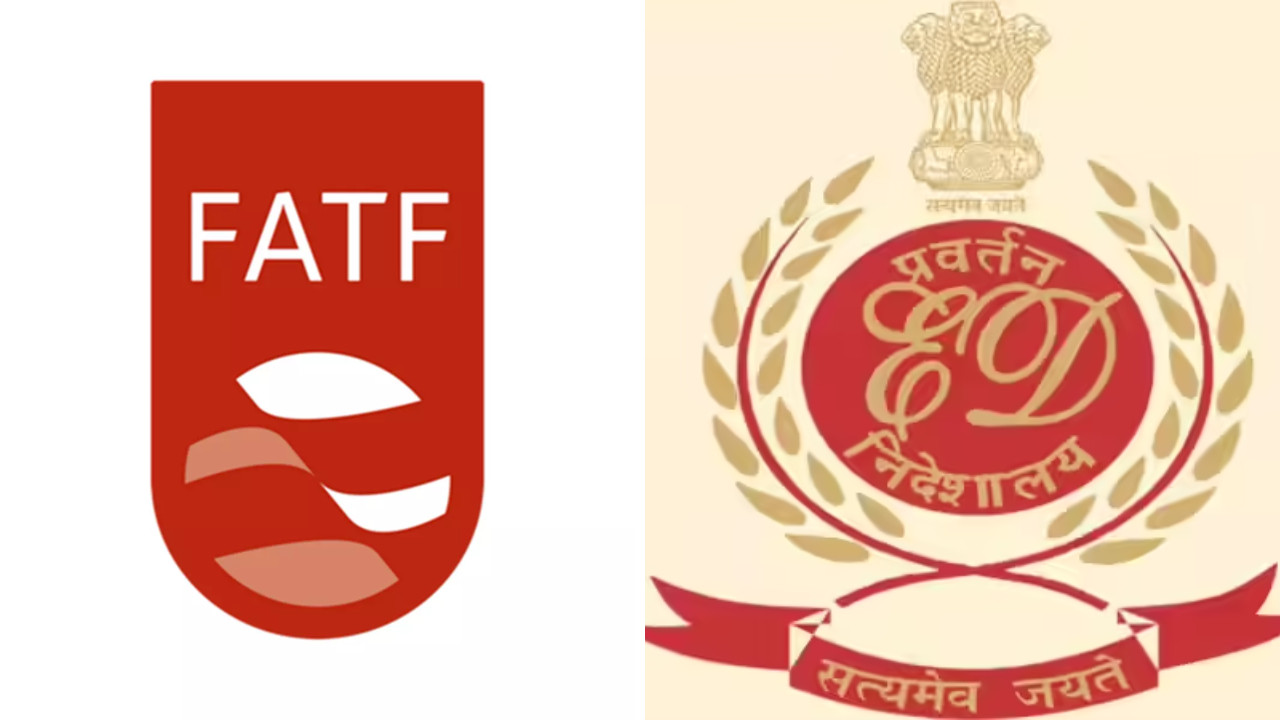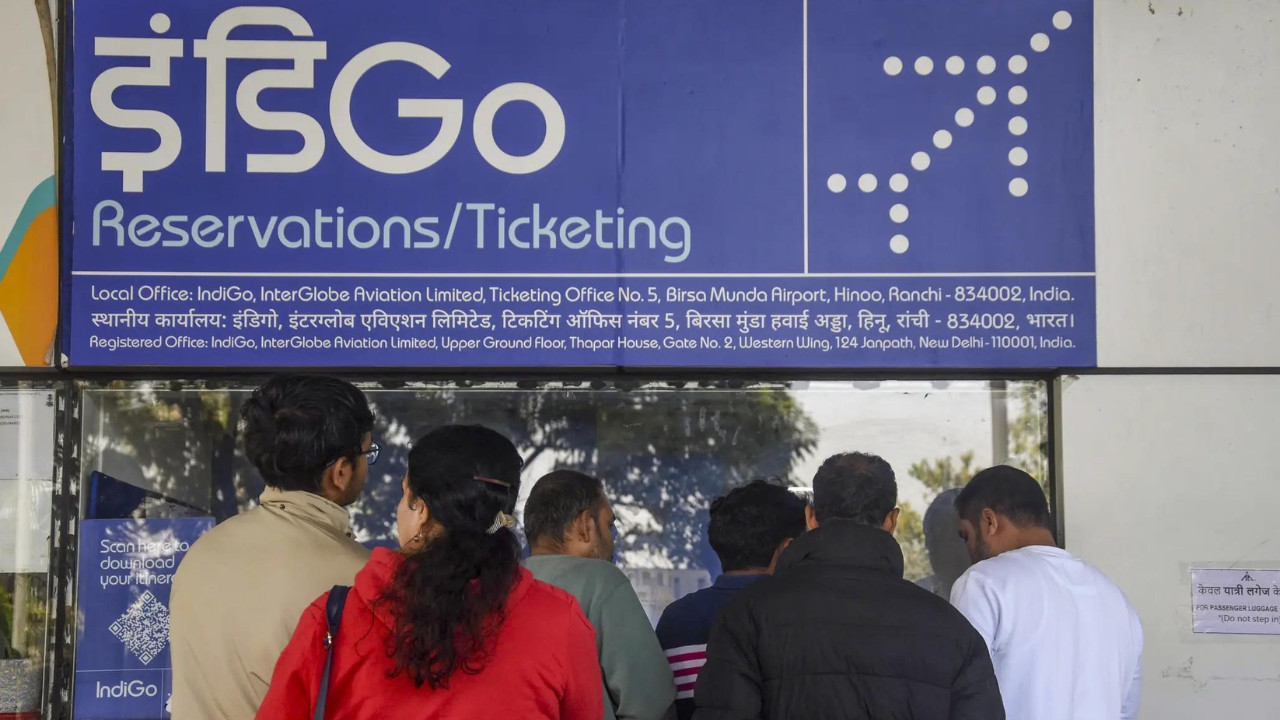The Financial Action Task Force (FATF) acknowledged India’s success in recovering public assets lost to financial crimes. A notable case highlighted involves land confiscated by the Enforcement Directorate (ED) being identified for a new public airport, demonstrating effective asset recovery and societal benefit.
India’s Asset Recovery: A Game Changer in Combating Financial Crime
The world is watching as India steps up its game in the fight against financial crime, and the Financial Action Task Force (FATF) is taking notice. In a recent statement, the global watchdog lauded India’s significant strides in recovering assets linked to illicit activities. This isn’t just about recovering money; it’s about dismantling criminal networks and sending a powerful message: crime doesn’t pay.
For years, the flow of dirty money has fueled everything from drug trafficking to terrorism, undermining economies and destabilizing societies. Tracing and seizing these ill-gotten gains has always been a complex and challenging task. Funds are often laundered through intricate webs of shell companies and offshore accounts, making them difficult to track down. But India is proving that with the right tools and strategies, it’s possible to break through these barriers.
One key player in India’s success story is the Enforcement Directorate (ED). The FATF specifically acknowledged the ED’s role in not just recovering funds, but also in actively returning them to victims of fraud. This is a crucial step. It’s not enough to simply seize assets; justice demands that those who have been defrauded are made whole again. The ED’s focus on victim compensation highlights a commitment to fairness and accountability.
<img src="https://example.com/image-of-recovered-assets.jpg" alt="Recovered assets, a symbol of India's successful asset recovery efforts.”>
India’s commitment to asset recovery extends beyond individual cases. The country has been actively strengthening its legal and regulatory framework to combat money laundering and terrorist financing. This includes measures to enhance transparency, improve information sharing between agencies, and empower law enforcement to effectively investigate and prosecute financial crimes.
So, what’s driving this success? Several factors seem to be at play.
* A Focus on Technology: India is increasingly leveraging technology to track and trace illicit funds. Advanced data analytics and artificial intelligence are being used to identify suspicious transactions and uncover hidden assets.
* International Cooperation: Cross-border collaboration is essential in the fight against financial crime. India is actively working with other countries to share information, coordinate investigations, and recover assets held abroad.
* Legislative Reforms: Recent legislative changes have strengthened the legal framework for asset forfeiture, making it easier to seize and recover the proceeds of crime.
* A Proactive Approach: Instead of simply reacting to financial crimes, India is taking a proactive approach by identifying vulnerabilities in the financial system and implementing measures to prevent illicit flows.
The FATF’s recognition of India’s asset recovery efforts is a testament to the country’s commitment to combating financial crime. It also serves as an example for other countries looking to strengthen their own anti-money laundering and counter-terrorist financing regimes. But what does this mean for the average person?
Ultimately, effective asset recovery helps to create a fairer and more just society. By depriving criminals of the fruits of their illegal activities, it deters future crime and helps to protect the integrity of the financial system. Moreover, when recovered assets are returned to victims of fraud, it provides a tangible form of justice and helps to rebuild lives.
This is an ongoing journey, and India still faces significant challenges in combating financial crime. However, the progress made so far is encouraging. As India continues to strengthen its legal framework, enhance its technological capabilities, and foster international cooperation, it is well-positioned to become a leader in the global fight against illicit financial flows.
This commitment to financial integrity also plays a critical role in attracting foreign investment and boosting economic growth. Investors are more likely to invest in countries with strong anti-corruption measures and a transparent financial system. To learn more about related governmental initiatives, check out our article on [India’s fight against economic offenders](internal-link).
India’s growing success in recovering stolen assets sends a clear signal: financial crime will not be tolerated. The country’s efforts are not only benefiting its own citizens, but also contributing to a more secure and stable global financial system. The ongoing improvements in procedures and enforcement will undoubtedly solidify India’s position as a benchmark for other nations seeking to tackle the complex challenges of financial crime and asset recovery.







